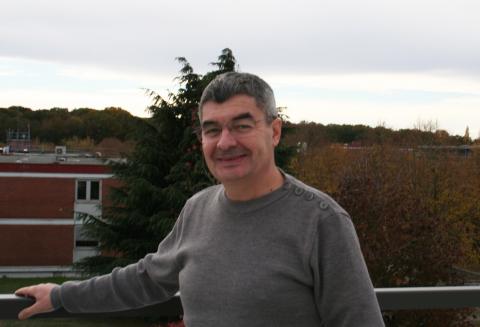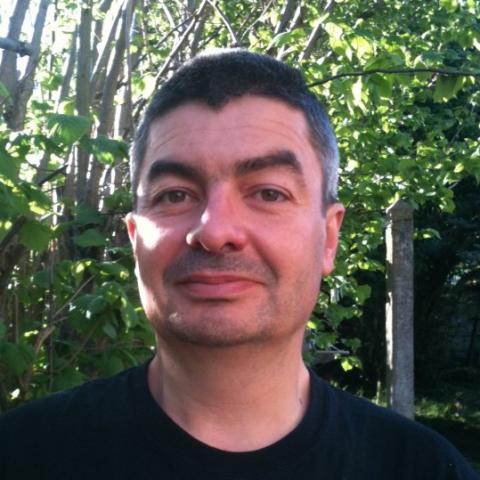
Philippe Ciais, expert on carbon absorption and climate change
In awarding the prestigious Prix Dolomieu to Philippe Ciais, France's Académie des Sciences is highlighting the importance of understanding the biogeochemical cycles of greenhouse gases. For its recipient, a researcher at the Laboratory for Sciences of Climate and Environment (CEA/CNRS/Université Versailles Saint-Quentin-en-Yvelines), the award signifies recognition for his field of study, which has greatly developed since the 1990s, and for his prolific research into the impacts of carbon on our planet's ecosystems.
For Philippe Ciais, it all began in Antarctica. In 1992, he defended a thesis in the field of isotopic glaciology supervised by the well-known climatologist Jean Jouzel. "I was fortunate in being able to join an ice coring expedition at Vostok Station. I developed models to understand how the very slow flow within the ice sheet towards the Southern Ocean could modify the profiles of the isotopes of water." He decided on a career in research following his post-doctoral fellowship in Boulder, Colorado, in the United States. "Boulder is well-known as a hub for climate change research. It's home to the National Oceanic and Atmospheric Administration, a U.S. government agency, especially its research division, the National Center for Atmospheric Research.

Does climate influence ecosystems?
Returning to France in the early 1990s, Philippe Ciais came to work at the Laboratory of Climate and Environment Modelling, which subsequently merged with France's Low Radioactivities Center to form what is now the Laboratory for Sciences of Climate and Environment (LSCE-CEA/CNRS/Université Versailles Saint-Quentin-en-Yvelines). He set out to assess how climate influences ecosystems and to learn more about the mechanisms by which carbon is absorbed by vegetation. "My work calls for studying a number of influence factors, including precipitation and temperature patterns as well as atmospheric concentrations of carbon dioxide and nitrogen. I have to check the coherence of data originating from different sources, including satellite-derived ecosystem measurements (e.g. the percentage of vegetation cover or carbon in the soil). The carbon absorption capability of plants and soils will be decisive to future climate projections," he observed.
Feeding the planet in the next century
Philippe Ciais is currently engaged in research at the Institut de Convergence CLAND (Climate Change and Land Management Systems) at the Saclay campus outside Paris, which studies the vulnerability of cultivated ecosystems to climate change. He observes that there remains much work to be done in this field of study. "In France, for instance, key crop yields have stagnated in the past decade. Is this due to economic factors and environmental measures restricting fertilizer inputs or is it a manifestation of recent climate change?" he asked. "The goal today is to have ecosystems serve as carbon sinks and produce biomass to help us cope with climate change. This is a big challenge for the scientific community and society at large!"
